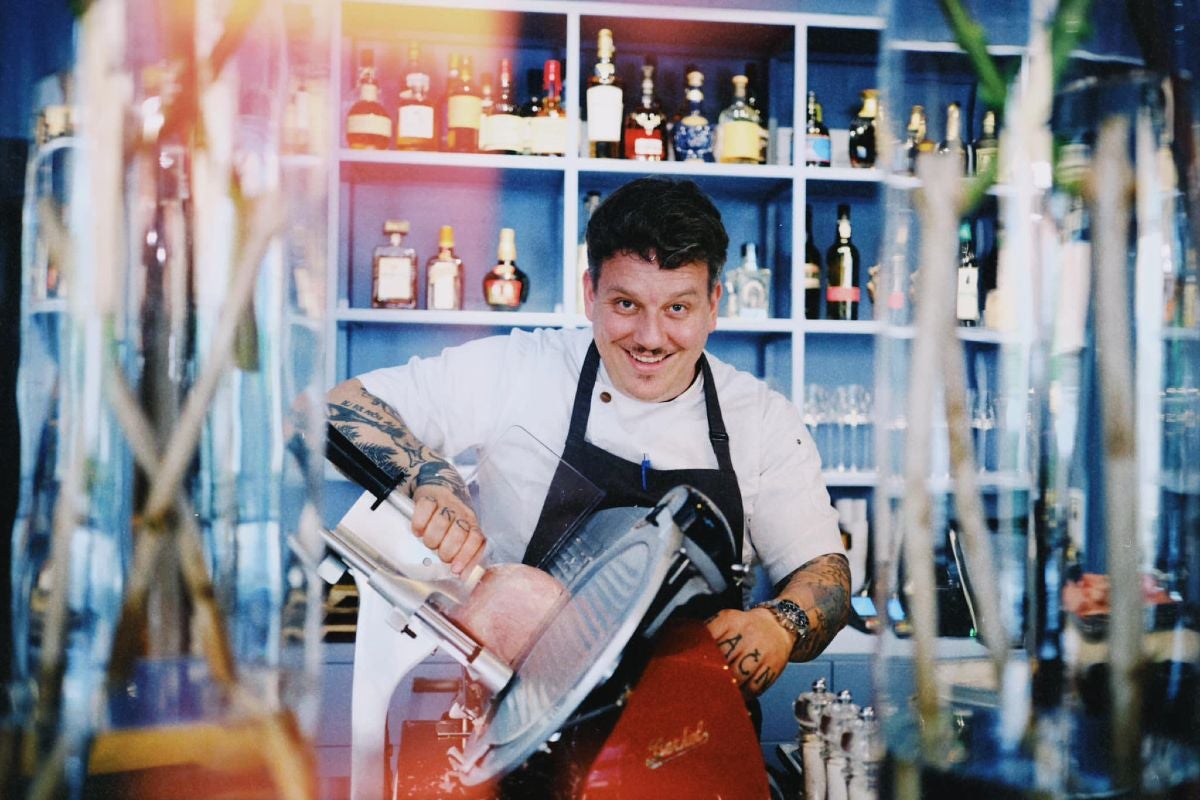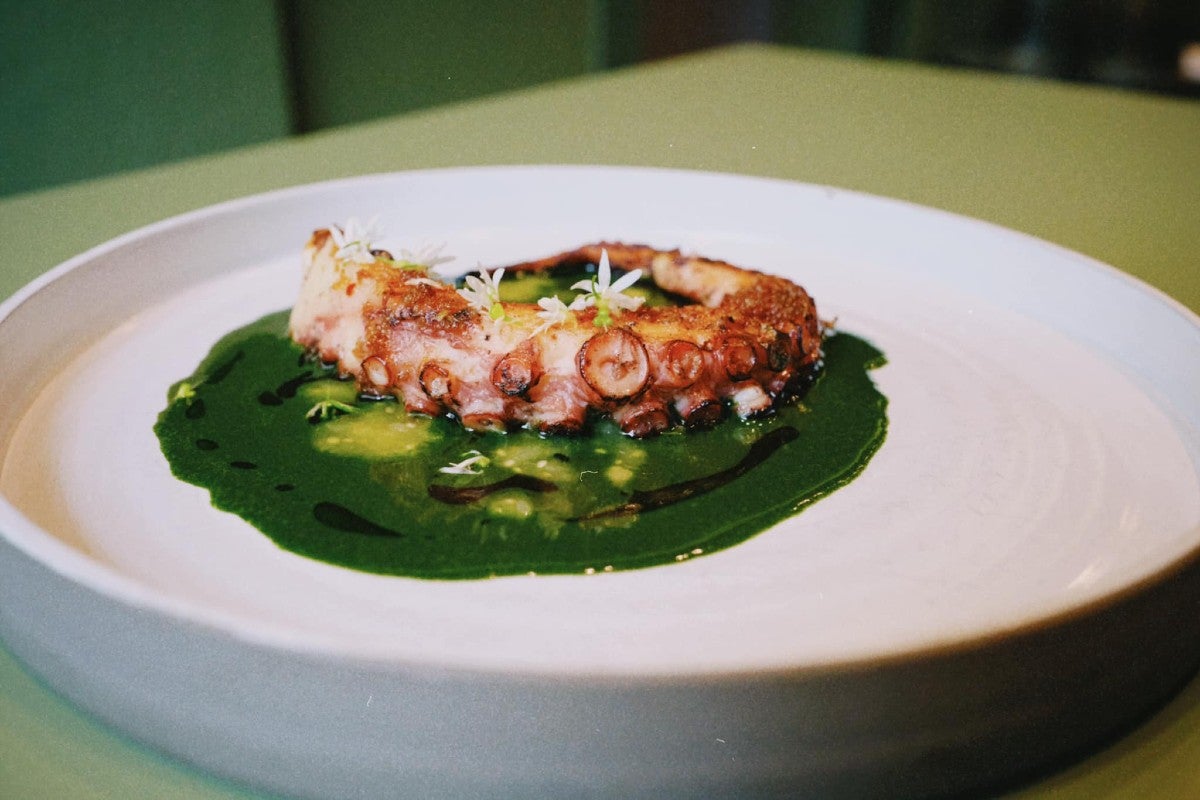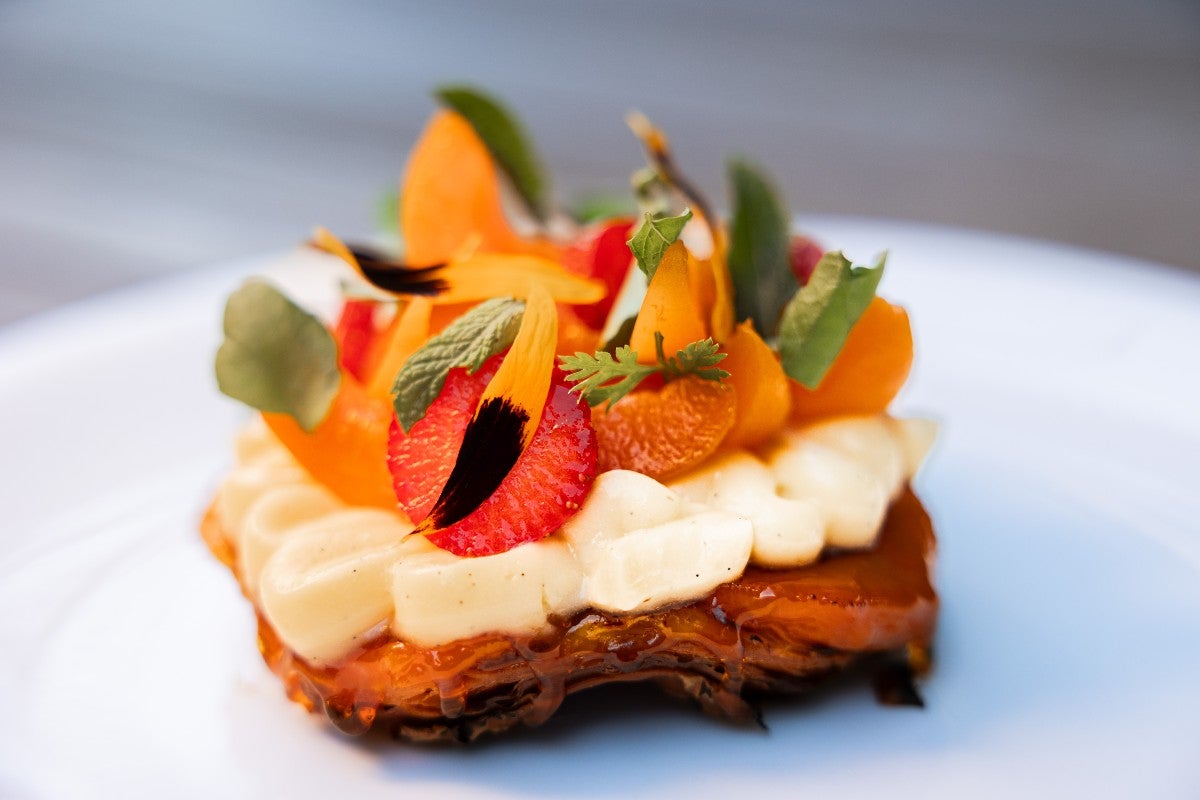It's a tricky subject to tackle, as a Slovenian food writer, being witness to the success of the Ana Roš-led Hiša Franko, seeing how much enthusiasm Netflix’s Chef’s Table created around Slovenia, calculating all the millions the national Tourism Board poured into building up the country as the next gastronomic hotspot.
Has it worked? And has the international hype of Hiša Franko actually translated into a thriving domestic food scene? That’s debatable.
After waiting for years, Slovenia finally got its inaugural Michelin Guide in June 2020, at the height of the Covid pandemic. Five restaurants were awarded one star, Hiša Franko got two. At a time when borders were closed, the stars seemed like a lifeline for many high-end restaurants, which usually rely heavily on international customers.
Slovenia, with a population of two million, doesn’t have a tradition of fine dining – or even dining out. People still prefer home cooking, and when they eat out, they go for pizza or burgers. Generic restaurants serving easy pasta and pizzas far exceed high-level fine dining or traditional gostilnas (Slovenian trattorias) serving homey, honest food. The latter, they can cook at home, they say. The former is too pricey, they claim.










